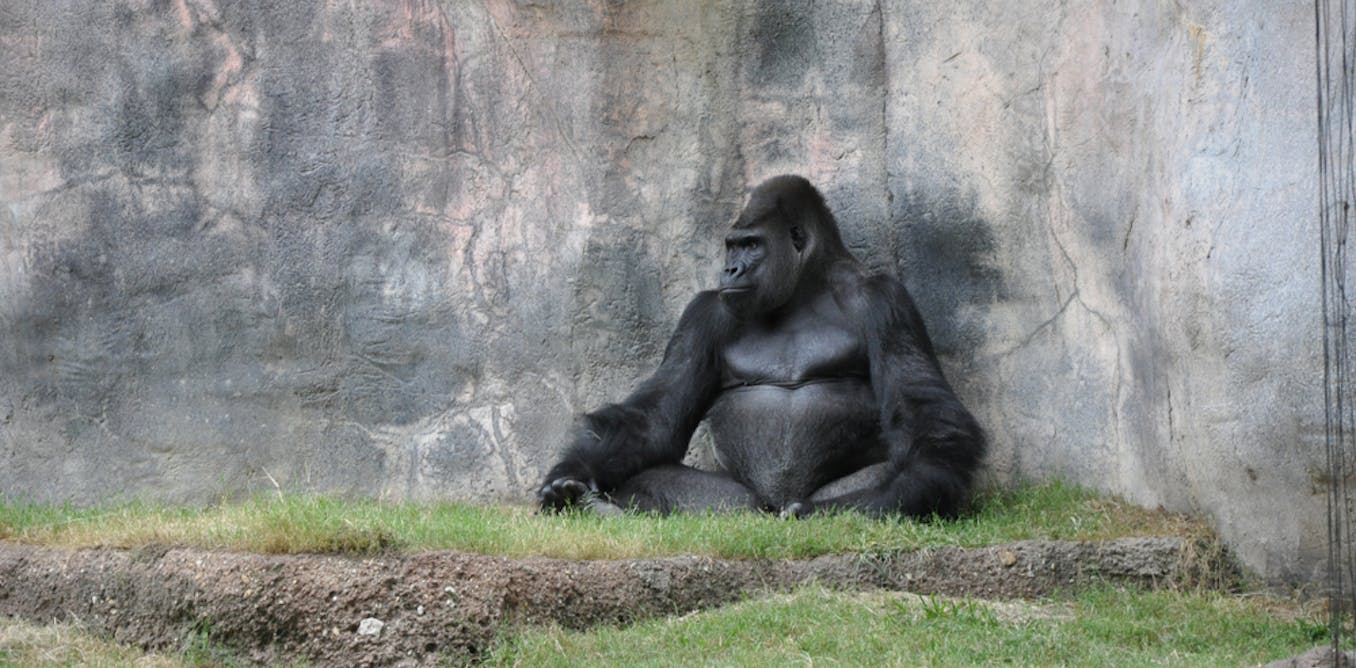Monkey teeth fossils hint several extinct species crossed the Atlantic
New research suggests African monkeys crossed the ocean to South America earlier than previously thought.
April 9, 2020 • ~7 min
Here's how scientists are tracking the genetic evolution of COVID-19
The SARS-CoV-2 virus that causes COVID-19 is constantly mutating. What do this mutations reveal about this virus's evolution? And will this knowledge help us to develop a long-lasting vaccine?
April 6, 2020 • ~7 min
Social distancing works – just ask lobsters, ants and vampire bats
Using distance to avoid getting sick has deep evolutionary roots for humans and many other species.
April 3, 2020 • ~8 min
Is racism and bigotry in our DNA?
If we are not careful, the coronavirus pandemic could lead to a rise in xenophobic attitudes.
April 2, 2020 • ~16 min
Coronavirus: experts in evolution explain why social distancing feels so unnatural
The evolution of the strong human bond.
March 25, 2020 • ~7 min
Ancient bird skull found in amber was tiny predator in the time of giant dinosaurs
The skull of Oculudentavis, found encased in amber, provides new clues into the transition from dinosaurs to birds and may be smallest of either ever found.
March 11, 2020 • ~7 min
Modern tomatoes are very different from their wild ancestors – and we found missing links in their evolution
Through genetic detective work, scientists have identified missing links in the tomato’s evolution from a wild blueberry-sized fruit in South America to the larger modern tomato of today.
Jan. 30, 2020 • ~6 min
/
25

